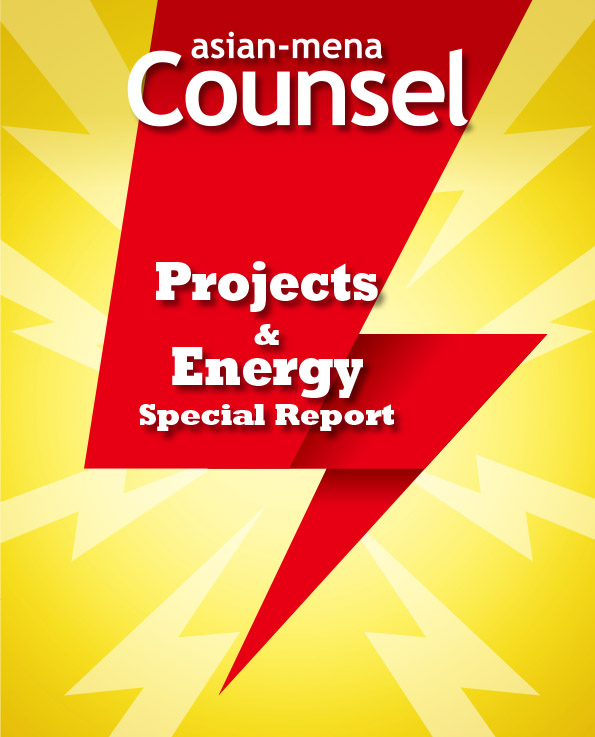By Ashen Jugoo, Fasken Martineau
![]() The market is approaching a stage where alternatives to on-grid energy are moving forward into larger and more complex deployments.
The market is approaching a stage where alternatives to on-grid energy are moving forward into larger and more complex deployments.
Africa’s development has been significantly affected by the energy deficit, with an estimated 70 percent of people in sub-Saharan Africa without reliable access to electricity. Consumers with high energy needs are already moving to off-grid energy solutions. Apartment blocks, hospitals, shopping malls, mining and manufacturing plants were some of the first consumers to opt for off-grid energy solutions and they have since been followed by body corporates, home associations and office parks.
Some of the main reasons behind consumers opting for off-grid energy solutions include (i) the lack of grid access in rural and undeveloped areas; (ii) the lack of reliable energy solutions in various areas; and (iii) the high prices of on-grid energy. A reliable electricity supply is vital to ensuring uninterrupted production in the operations of many consumers.
Traditionally, when confronted with load shedding and other electricity supply interruptions, consumers were forced to choose between the less than desirable options of either reducing operations or turning to other costly energy solutions, such as diesel generators. However, more and more, companies are considering and implementing long term off-grid solutions.
Financing
Securing debt financing for the initial investment in off-grid infrastructure is often difficult. Project financing is not always a viable option for these projects as the risk profile is typically unattractive to many funders given the issues around bankability and appropriate risk transfer. However, the traditional project finance structure, of financing a single project with a secure long term off-take, has paved the way for hybrid financing structures that combine components of project finance and corporate finance. Consumers with strong balance sheets may also consider financing, building, operating and maintaining off-grid infrastructure independently.
The focus has shifted from developing micro-finance solutions (which seek to finance each household or energy user) to developing financing solutions for energy service companies. This shift may resolve certain financing challenges. However, some energy service providers may elect to pre-finance the development of the project and use bank loans to refinance their initial development costs. One of the most viable financing solutions is portfolio finance. Portfolio financing allows developers to seek funding for a combination of projects and prospective lenders to assess risk in relation to cluster of projects, rather than a single project.
Security
One reservation may be in relation to the high costs of registering the security often required by lenders and the costs of amending these security documents as and when new projects are introduced. One way of mitigating these costs would be to avoid registrable securities (ie general notarial bonds, special notarial bonds, fixed and floating charges).
Post construction refinancing may also offer a more economical solution. Projects are typically de-risked post construction and offer the possibility of procuring financing without the provision of any registrable securities over the assets. The assets being financed could also be housed in an insolvency remote equipment owning company, which would use its balance sheet to procure corporate financing. In addition, many off-grid solutions employ modular technologies which are easily redeployed. Accordingly, there is less need for need for very large initial investments and debt profiles as projects can be up-scaled (or redeployed) depending on the demand.
Off-grid regulations
There is a need for enabling legislation to promote the development of sustainable, fast and efficient off-grid electricity. Policy reform is very important, with off-grid energy solutions being included in the national electrification strategies.
The lengthy process of procuring the relevant permission and licences is also an issue as the protracted process generally equates to higher transaction costs. One of the central issues is the requirement that all energy suppliers, irrespective of their size or the nature of their operations, have to comply with the same standards of compliance.
These smaller emerging projects require a different approach, with a dedicated tariff and less onerous compliance requirements. This approach has been adopted in some other jurisdictions, including India. However, in a number of jurisdictions, including South Africa, there remains a need for a revision of the existing legislations. Regulatory standards should be realistic, affordable and enforceable, with protections extended to both consumers and investors.
Conclusion
Off-grid energy solutions are becoming more and more prevalent in the African market and may be at a stage where these solutions will soon move forward into larger and more complex deployments.






















